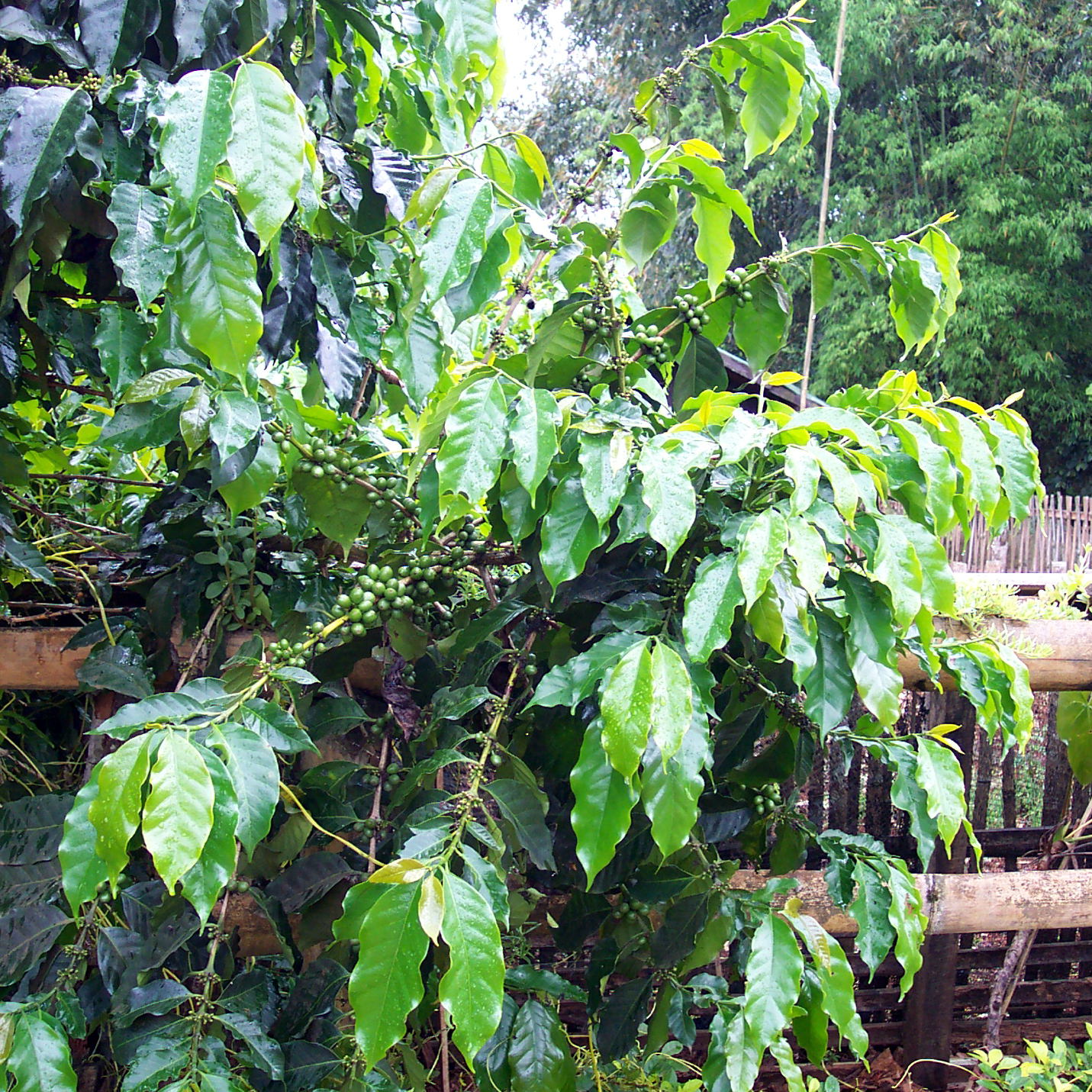
So called “gourmet” coffee shops may be appearing on every corner, but few people are aware of coffee’s long history and the sometimes curious ways it has traveled the tropics. Columbian coffee growers have done a lot of advertising to create “Columbian coffee” as a brand, but in fact coffee isn’t native to Columbia, or to any part of Central or South America. “Java” may be one of coffee’s nicknames, but it doesn’t originate in Indonesia either. In fact, coffee originates around the horn of Africa, in what is today Ethiopia.
It’s thought men began to drink coffee in the 12th century in Africa. A legend says that around the year 1400, a shepherd in Ethiopia named Kaldai noticed his goats jumping merrily after they ate a red fruit. He tried to eat it and felt refreshed. His wife then gave it to the priest who baked it for reducing its power. But perceiving its attractive smell, he pounded it and added water. He drank the water and reportedly “felt vigorous.” Shortly after, the coffee trade began.
Another legend about the history of coffee says that the first man to have known and drunk coffee was a Mufti of Aden in the 9th century. Still another legend says that the first coffee drinker was an imam named Deli of the Middle East, who often felt sleepy while praying. Later, he overcame his drowsiness by drinking coffee boiled in water as someone had told him to do. After that, the coffee drinking habit reached to the laity and became a way of life in Middle East.
In the 17th century, coffee became known to Europeans adventurers. The man who made coffee popular was Suliman Alga, an envoy to the court of King Louis XIV 1715. After that the price of coffee soared because French noblemen became coffee-addicted. Europeans began to know and like drinking coffee around the 19th century, but this was confined to writers, poets and rich people only.
The French attempted to grow coffee in the southern part of their country to no avail. The Dutch tried to do the same in Ceylon and East India (Indonesia), and succeeded, then the French followed. The two people jealously guarded their own coffee seeds. Upon the rise of border dispute in Ghana between France and Holland, the King of Brazil sent an envoy to mediate, who sneakily took coffee seeds to reproduce in Brazil creating one of that country’s biggest industries.